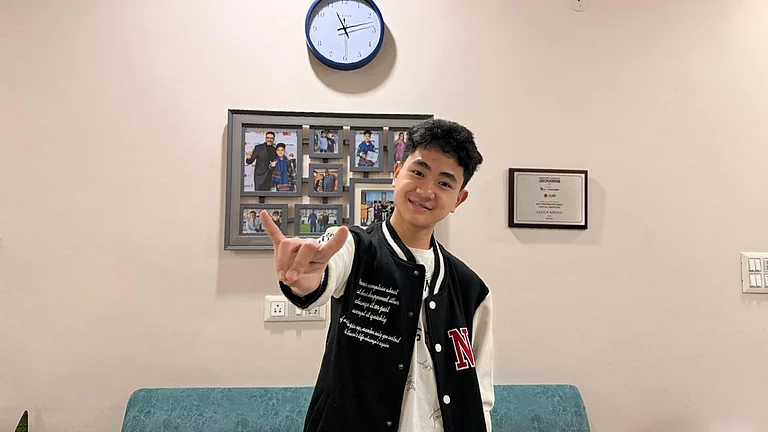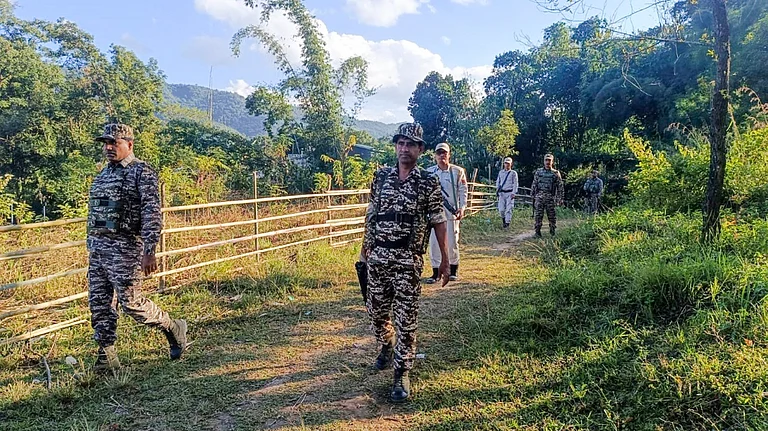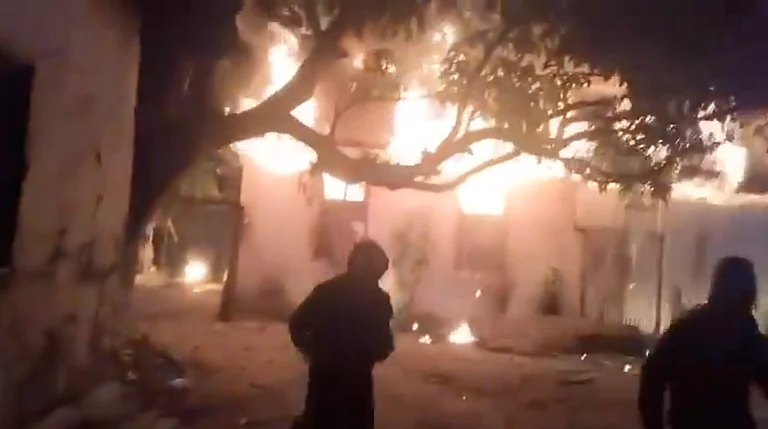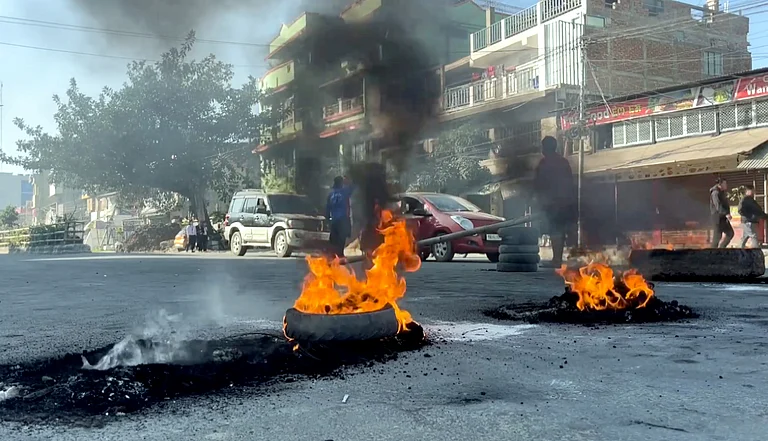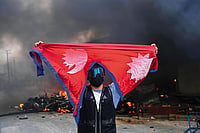The Manipur assembly on Thursday adopted a resolution urging the Centre to completely abrogate the Suspension of Operations (SoO) ceasefire pact between the Government of India, Manipur government and Kuki National Organisation (KNO), that was first signed on August 22, 2008, to cease hostilities. The pact, which expired on Thursday, was first signed in order to foster an environment that would allow for dialogue to resolve all political issues related to Kukis, who had earlier called for the creation of a separate Kuki state.
The Centre is yet to decide on continuing the SoO agreement with Kuki militant organisations amid demands from political parties and Meitei civil society groups in Manipur not to extend the peace pact with the state's tribal insurgent groups.
What does the Suspension of Operations (SoO) pact say?
The SoO was first signed in 2008 with Kuki militant groups operating in Manipur's hill districts in the aftermath of the Kuki-Naga clashes in the 1990s when hundreds were killed. The militant groups demanded independent land for the Kukis. The peace deal has since then been extended periodically and last expired on February 29, 2024.
As long as the pact is operational, signatories of the SoO agreement, be it security forces – central or state – and insurgent groups will not launch any operation against each other. The tribal insurgent groups are to stay at designated camps, their weapons to be kept in locked storage and monitored regularly. The groups are given arms only to guard their camps and protect their leaders. They are also to abide by the Constitution of India, the laws of the land and the territorial integrity of Manipur. They are prohibited from committing all kinds of atrocities, extortion, among others.
Every year, a joint monitoring group (JMG), which has representatives from central and state agencies, along with Kuki groups, reviews the SoO agreement and decides whether to end or renew it.
Why did the Manipur assembly adopt a resolution to urge the centre to abrogate the SoO pact?
Manipur Chief Minister N Biren Singh said that the decision of not renewing the Suspension of Operations agreement is in the interest of ensuring peace and security in the region, which has seen ethnic violence between Kukis and Meiteis since May last year.
The Meiteis lawmakers, who passed the resolution requesting the Centre to abrogate SoO, blamed the Kuki outfits for the violence that erupted in the state leaving 219 people dead and over 50,000 displaced.
It was in March 2023, when the Manipur government announced that it wanted to withdraw from the SoO agreement with the Kuki National Army (KNA), and the Zomi Revolutionary Army (ZRA), accusing them of pushing illegal migrants from Myanmar. However, since it is a tripartite agreement, the state government’s withdrawal did not mean much and the final decision would eventually lie with the JMG.
Meanwhile, days ahead of the expiration date of the pact, the Coordinating Committee on Manipur Integrity (COCOMI), an influential Meitei civil society organisation, urged Prime Minister Narendra Modi to look into the "urgent need for caution and re-evaluation" of any decision regarding the extension of the SoO agreement with Kuki groups.
In its letter, the COCOMI asked for immediate and decisive action to address SoO "ground rule violations and illegal activities perpetrated by these groups".
Why do Kukis believe SoO is needed in Manipur?
The Kuki-militant groups have denied that they violated any ground rules as mentioned in the pact. They in fact, credited the pact for ushering peace in Kuki-dominated hill districts. Due to political processes emanating from the pact, the groups under SOO held several rounds of negotiation with the Centre and had almost arrived at a deal for ‘local self-governance’ of Kuki tribal areas in Manipur, days before ethnic violence erupted in the northeastern state last year, according to a report by The Wire.
Ten Kuki-Zo lawmakers, including seven from the ruling BJP, have opposed the resolution urging the Union government to abrogate the SOO pact with militant outfits, calling it one-sided and biased towards their community.
These legislators have been demanding a separate administration for their community since the ethnic violence between Meiteis and tribal Kukis began in May last year. They were absent from the assembly when the resolution was discussed and adopted. “We would like to question whether the resolution adopted by the august House was based on any report or observations of the JMG, which is the only official mechanism to determine whether any violation of the Ground Rules has taken place or not,” their statement read.




